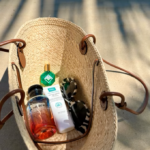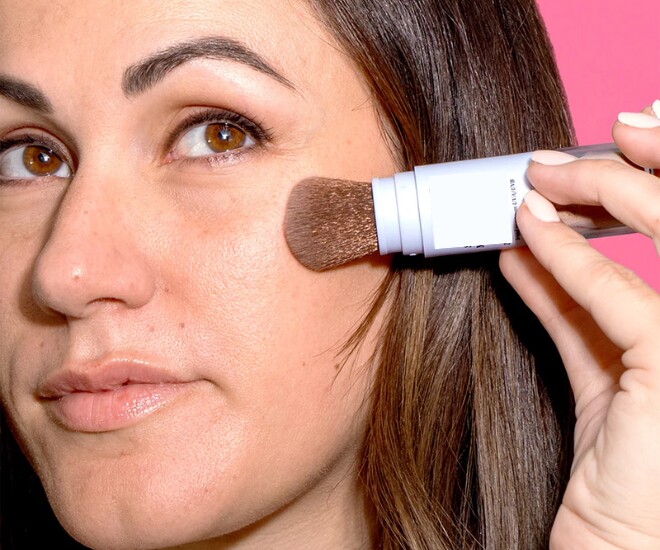
Sun protection powders are expected to be a sunscreen product with great effects and overcome the limitations of traditional sunscreens.
What is sun protection powder and how does it work?
Sun protection powder, as the name suggests, is a makeup product that contains sunscreen ingredients in a powder form, rather than a cream, lotion, or spray as usually seen. They usually come in a pressed or loose powder form, with a slight tint to even out the skin tone or completely transparent to be applied over makeup without altering it. The sunscreen ingredients in the powder are typically physical filters such as Titanium Dioxide or Zinc Oxide – familiar active ingredients that reflect UV rays away from the skin’s surface.
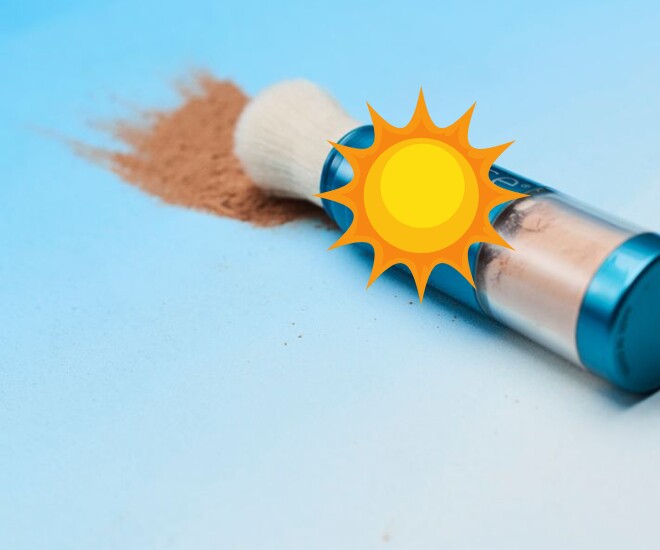
With a similar structure to setting powders used in makeup, sun protection powders usually have a mineral base, are crushed into a powder form, and act as a physical filter against UV rays when applied to the skin.
Unlike liquid sunscreens that create a continuous layer on the skin, sun protection powders mainly form a thin layer that supplements the skin’s protection against UV rays, while also controlling oil, smoothing the skin, and helping makeup last longer. Thanks to its lightweight formula, this product is especially favored by those with oily skin or living in hot and humid climates.
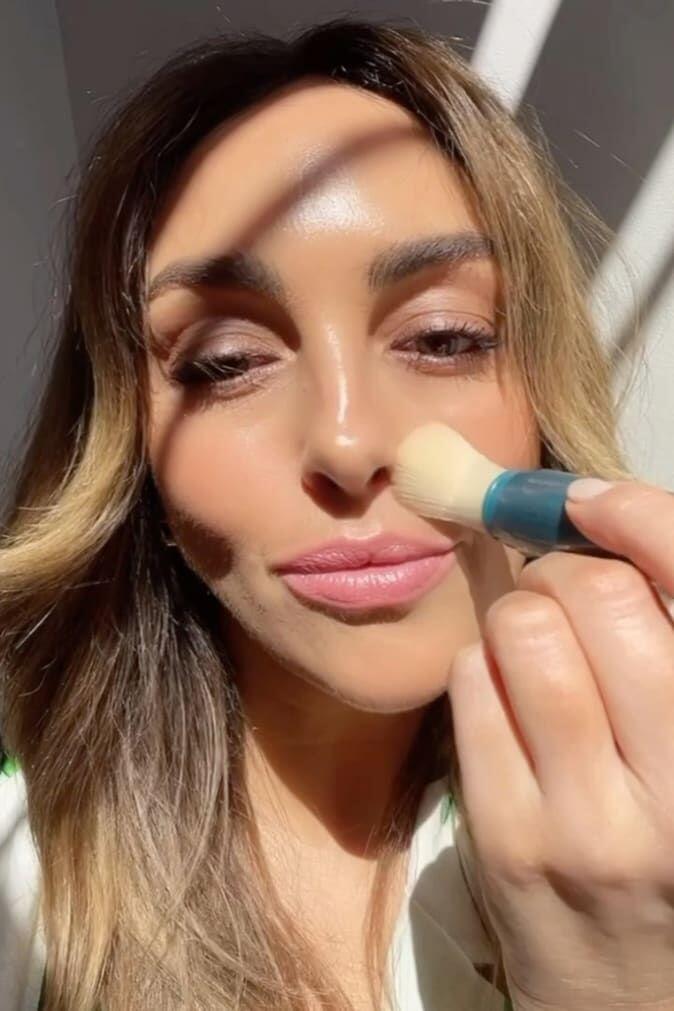
Sun protection powders are popular for creating a lightweight and oil-controlling layer.
Additionally, many people also use sun protection powders for scalp sun protection, and they are especially effective in this case as they won’t make the hair greasy, unlike cream products.
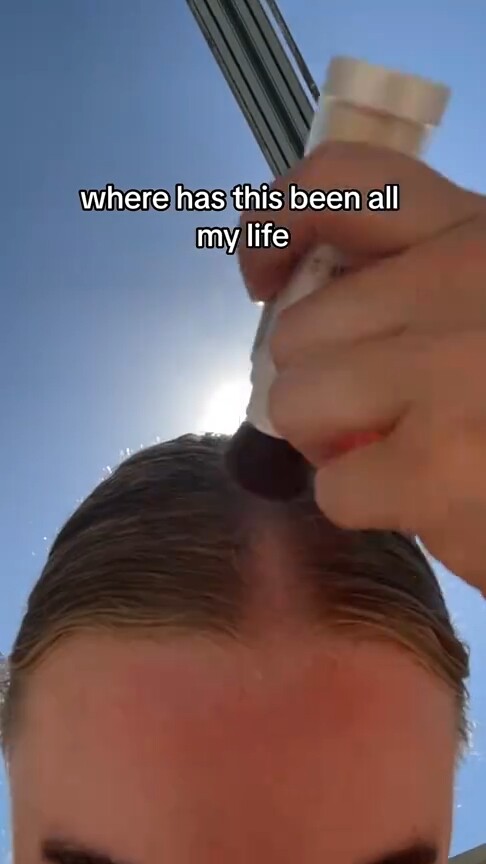
Sun protection powders are also used for scalp sun protection due to their oil-absorbing and non-greasy properties.
VIDEO: How to use sun protection powder for areas like hair and ears
Can sun protection powder completely replace sunscreen?
The short answer is no. Despite its notable advantages, sun protection powder cannot entirely take on the role of traditional sunscreen – especially when considering factors such as even coverage, durability on the skin, and water resistance.
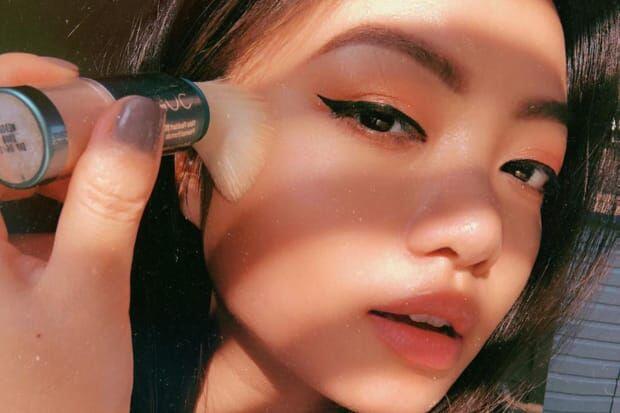
The sun protection layer created by the powder is thin and lightweight but less effective compared to sunscreen.
Liquid, gel, or lotion sunscreens are designed to adhere closely to the skin, even in areas with folds like the corners of the nose, eyelids, or around the mouth. When applied in sufficient quantity (usually about 1/4 teaspoon for the whole face), they create a physical or chemical barrier that effectively protects against UVA and UVB rays.
On the other hand, with sun protection powder, ensuring even and sufficient coverage on all areas of the skin can be challenging, especially if one uses a small amount to avoid a cakey or patchy look. Additionally, the powder is prone to rubbing off with sweating, outdoor activities, or water contact. Therefore, sun protection powder should only be considered as a supplementary product rather than a primary choice.
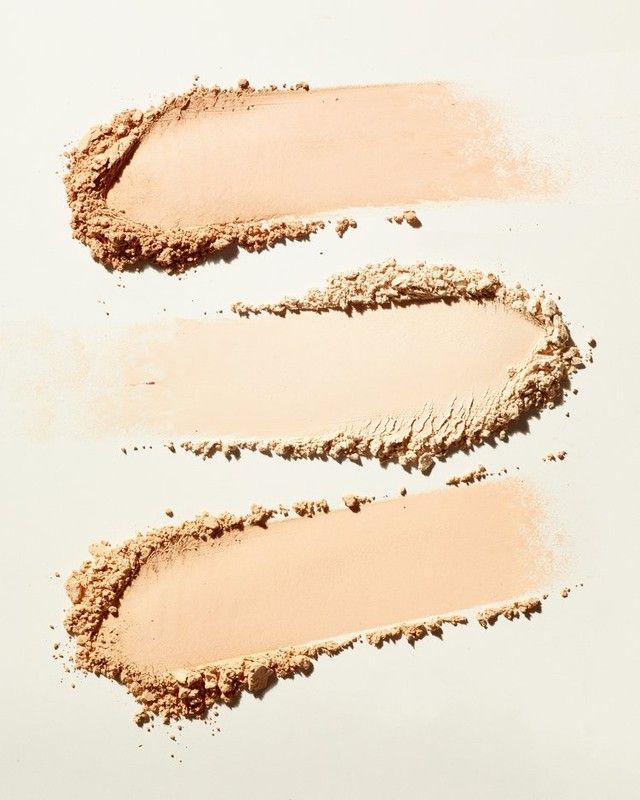
Sun protection powder should only be a supplementary product and cannot solely protect the skin from the harmful effects of UV rays.
When should sun protection powder be used?
Although it cannot be a complete replacement, sun protection powder is still a worthwhile investment in certain specific situations.
Women can use sun protection powder to touch up their sun protection during the day without having to remove their existing makeup. This product is especially suitable for those who already have a layer of makeup on their face.
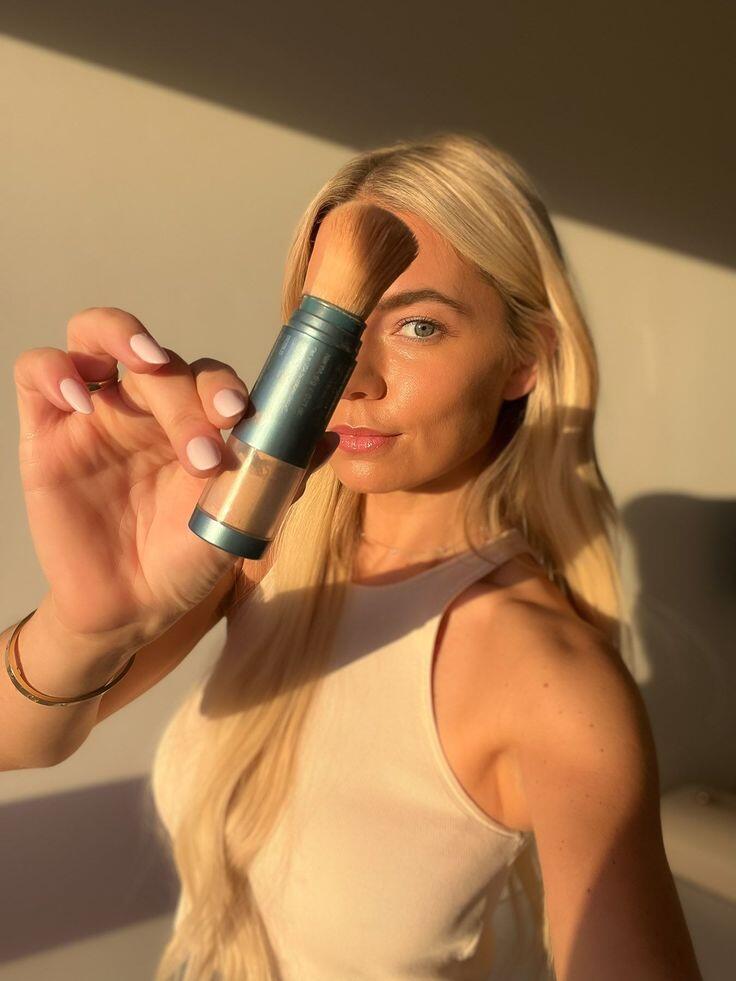
Sun protection powder is useful for those who already have sun protection on their face and need to touch up to reinforce the protective barrier.
Moreover, the oil-controlling property of the powder helps absorb excess oil on the skin’s surface, maintaining a matte and smooth base for longer, overcoming the shiny and greasy feeling often associated with regular sunscreens.
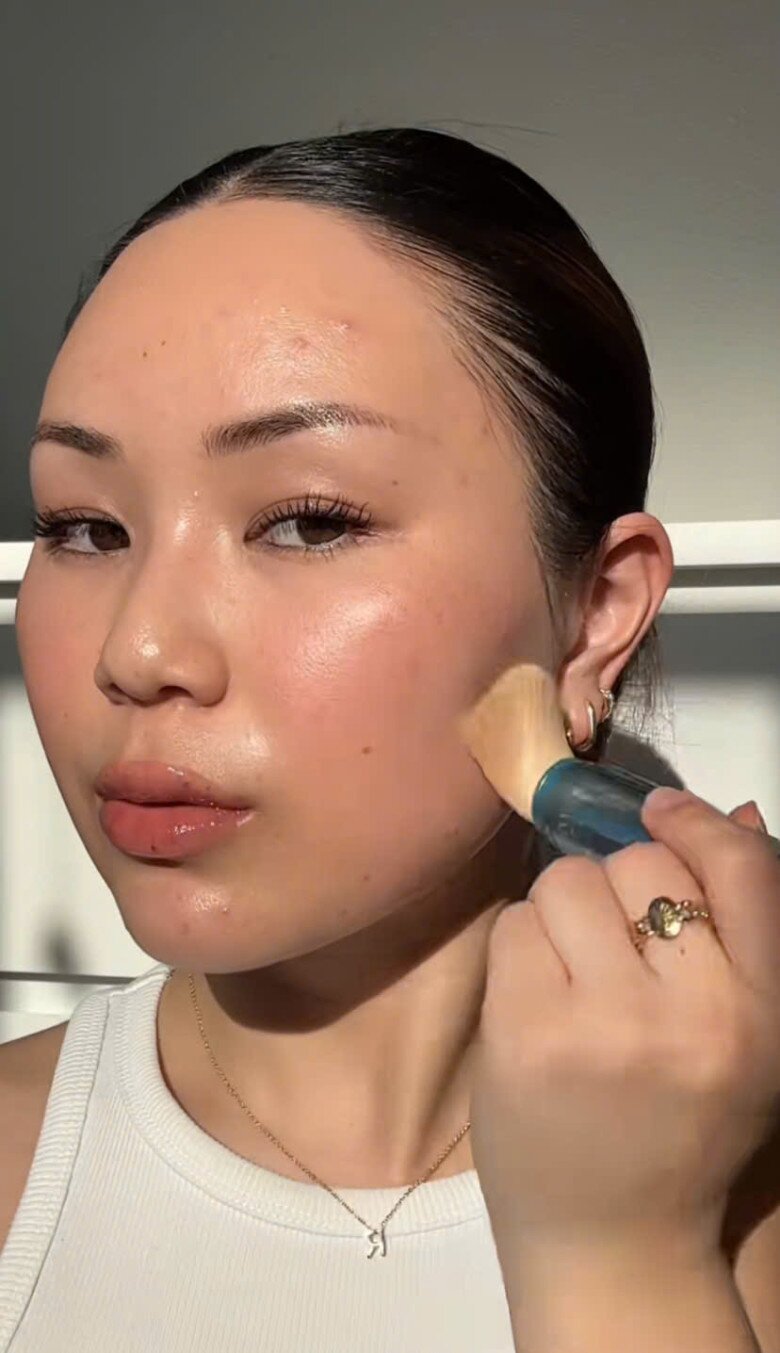
Sun protection powder can be a lifesaver for oily skin during hot days.
In addition, sun protection powder offers a quick and lightweight makeup solution. On busy days or when comfort is prioritized, a light layer of sun protection powder can replace complex makeup steps, protecting the skin from the sun while providing a natural base without feeling heavy.
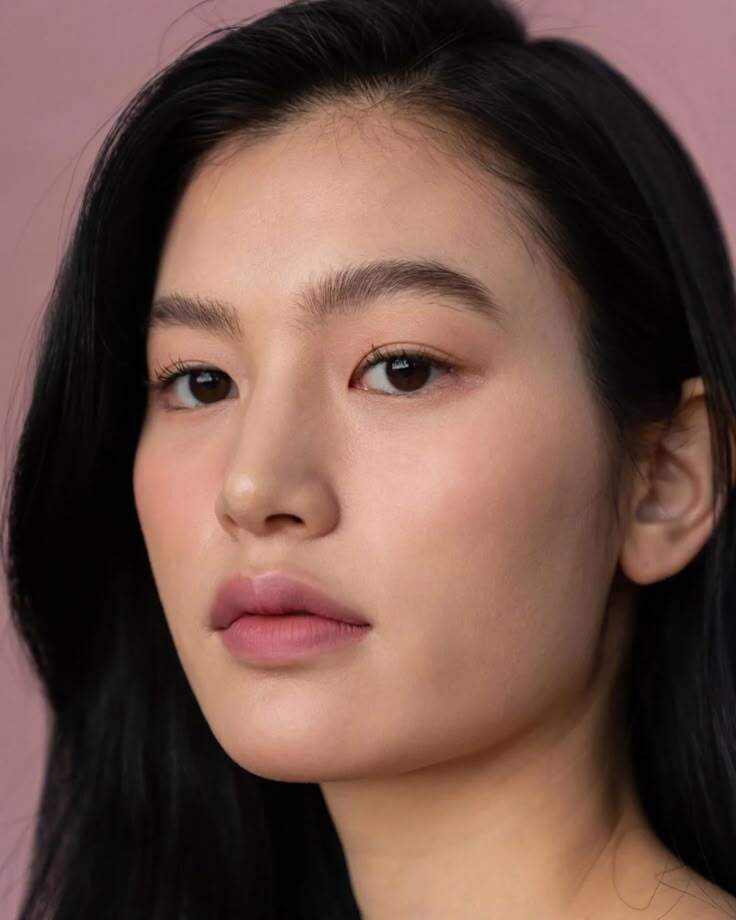
Sun protection powder can also serve as a lightweight makeup base while offering some sun protection, although not as effective as sunscreen.
Sunscreen remains the primary defense against the sun’s rays. Sun protection powder, despite its convenience, should only be considered a secondary layer of protection, enhancing the skin’s defense against UV rays. Therefore, applying sunscreen with an appropriate SPF before using sun protection powder is a fundamental step, even on cloudy days.
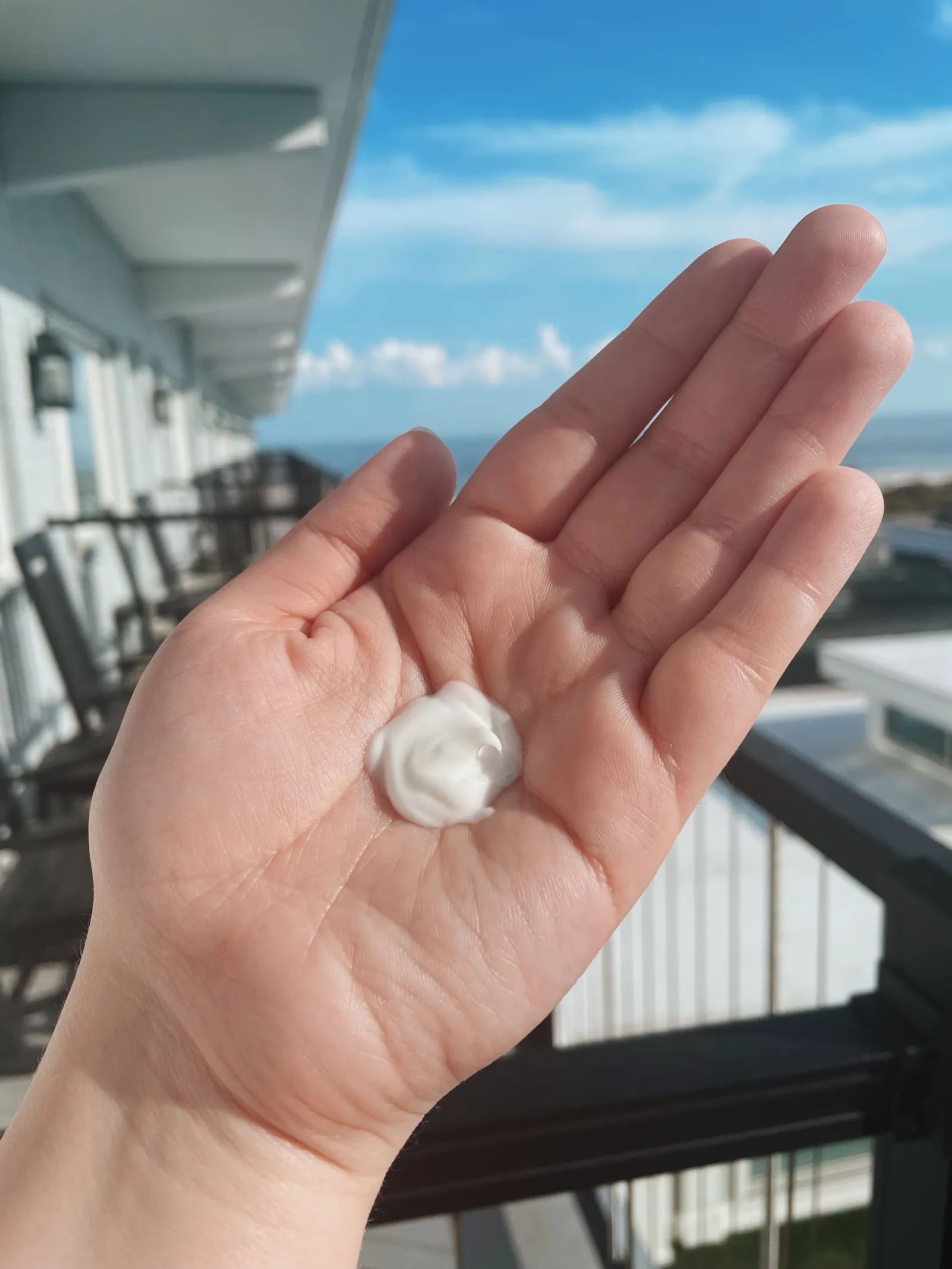
Sunscreen is still an indispensable step for comprehensive sun protection.
“The Ultimate Guide to Sun Protection: Mastering the Art of Sun Safety with the Right Sunscreen Application”
The proper use of sunscreen is paramount in protecting your skin from the sun’s harmful rays. It is a vital step in any skincare routine, acting as a shield against UV damage and helping to prevent sunburn, skin aging, and even skin cancer. With the right application, sunscreen serves as your skin’s first line of defense, ensuring a healthy and radiant complexion.
The Ultimate Guide to Expired Sunscreen: Spotting Signs and Proper Storage
The sun’s rays can be harsh on your skin, and their damaging effects are often underestimated. The harmful UV rays can cause more than just a sunburn; they accelerate skin aging and increase the risk of skin cancer. It is crucial to understand that sunscreen alone might not provide adequate protection. Its effectiveness can diminish over time, leaving your skin vulnerable to sun damage, premature aging, and an elevated risk of skin cancer.
Slathering on Sunscreen Isn’t Enough: 3 Crucial Steps to Take After to Prevent Tan Lines and Breakouts!
“Are you tired of diligently applying sunscreen every morning, only to still struggle with dark spots, acne, or dry skin? You might be missing some crucial post-application steps. Dermatologists reveal the top three things you should do immediately after sunscreen application for comprehensive skin protection and health, radiating beauty from within.”
























